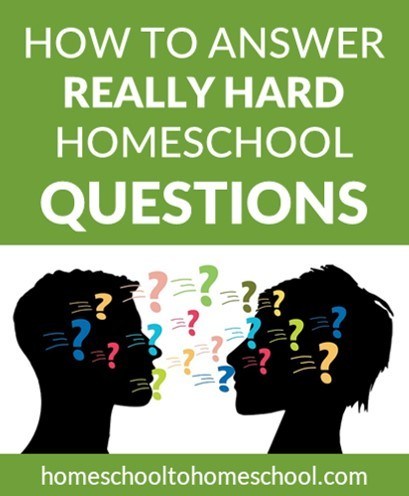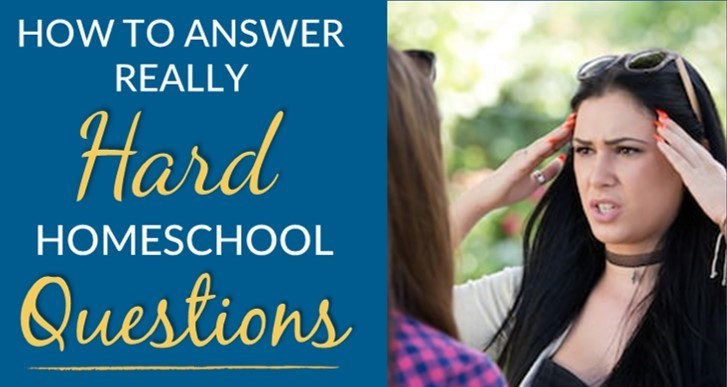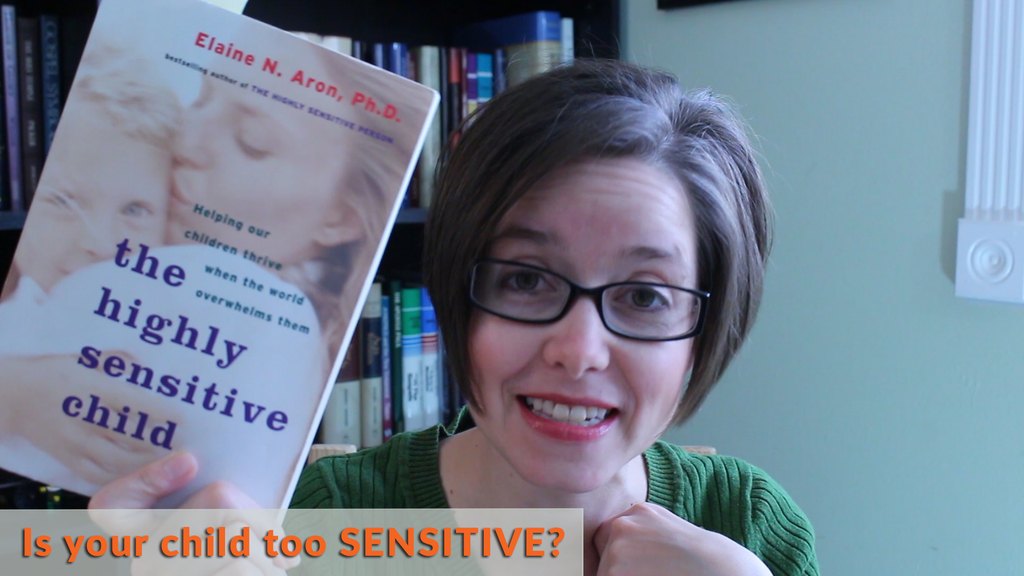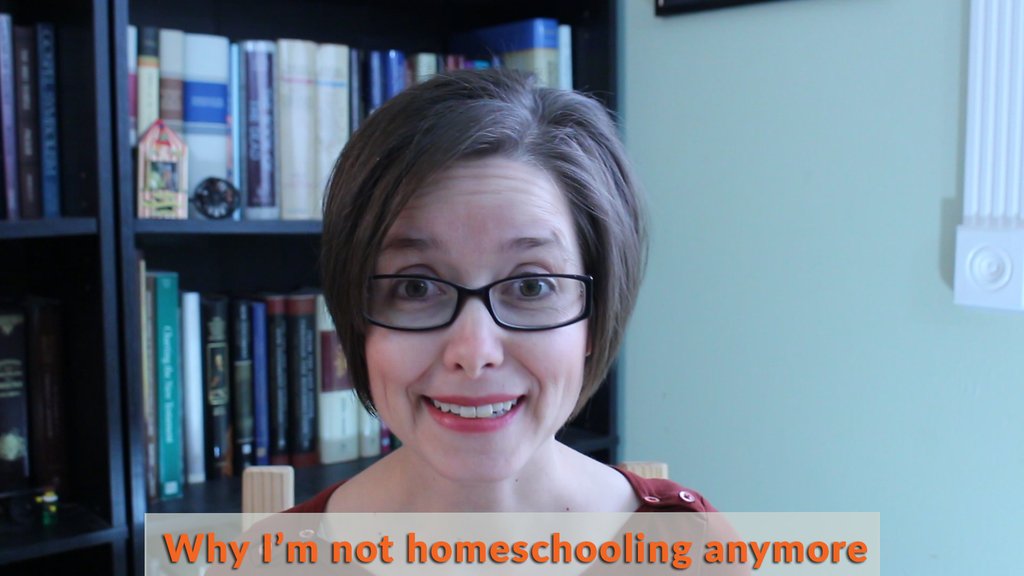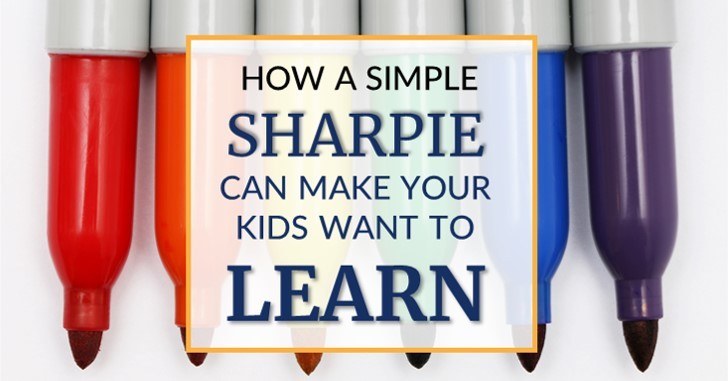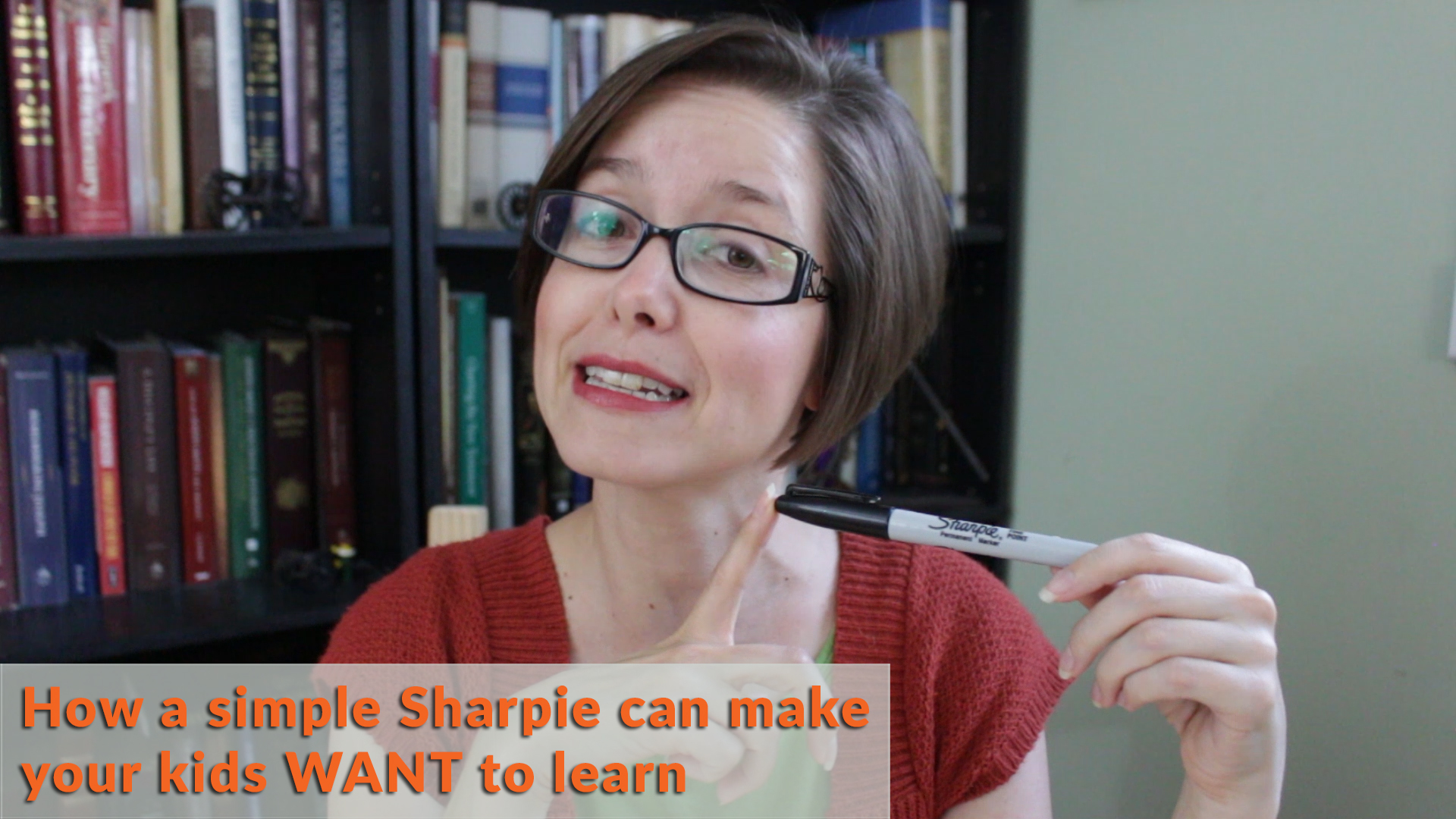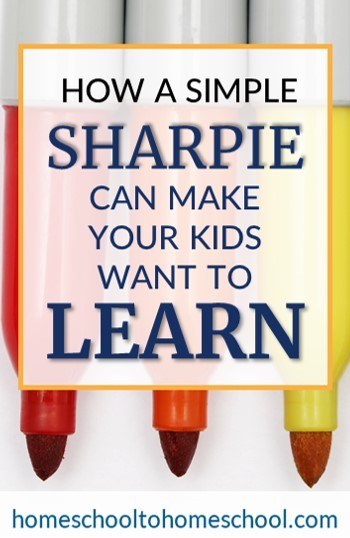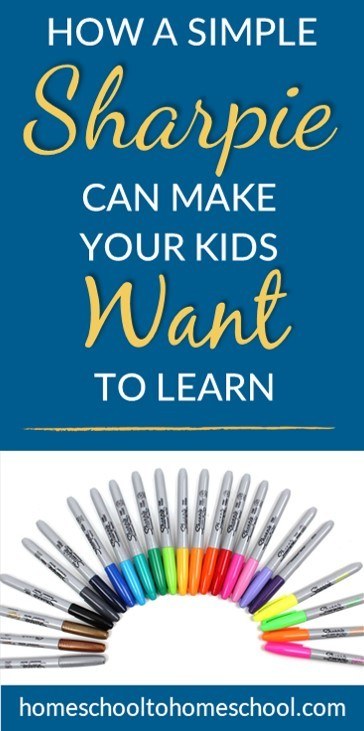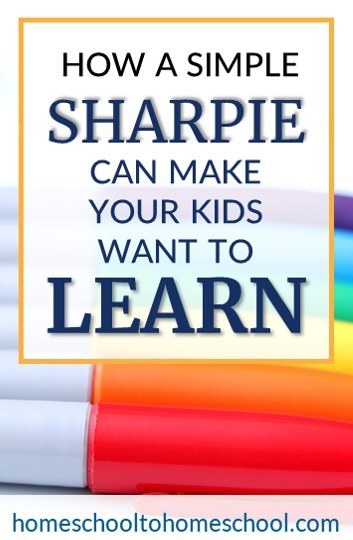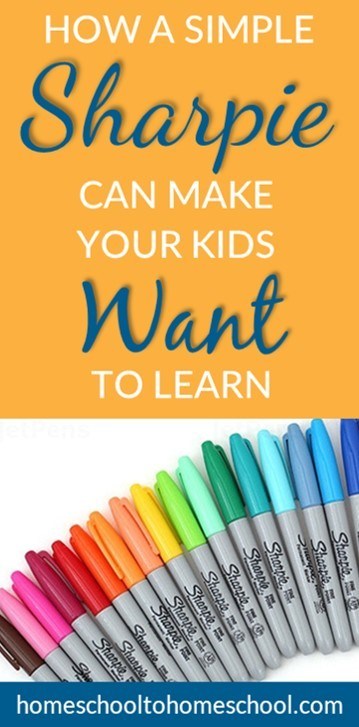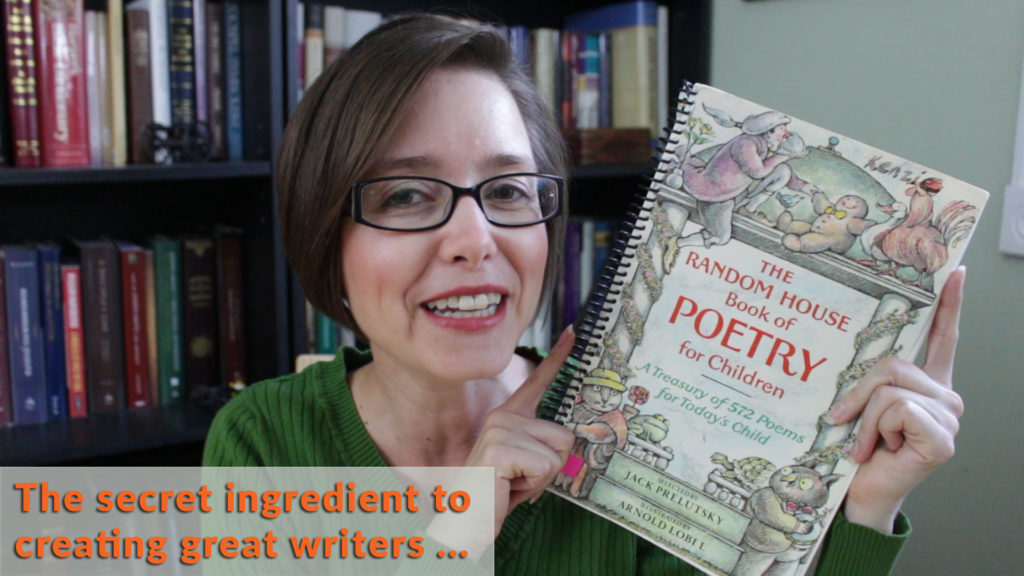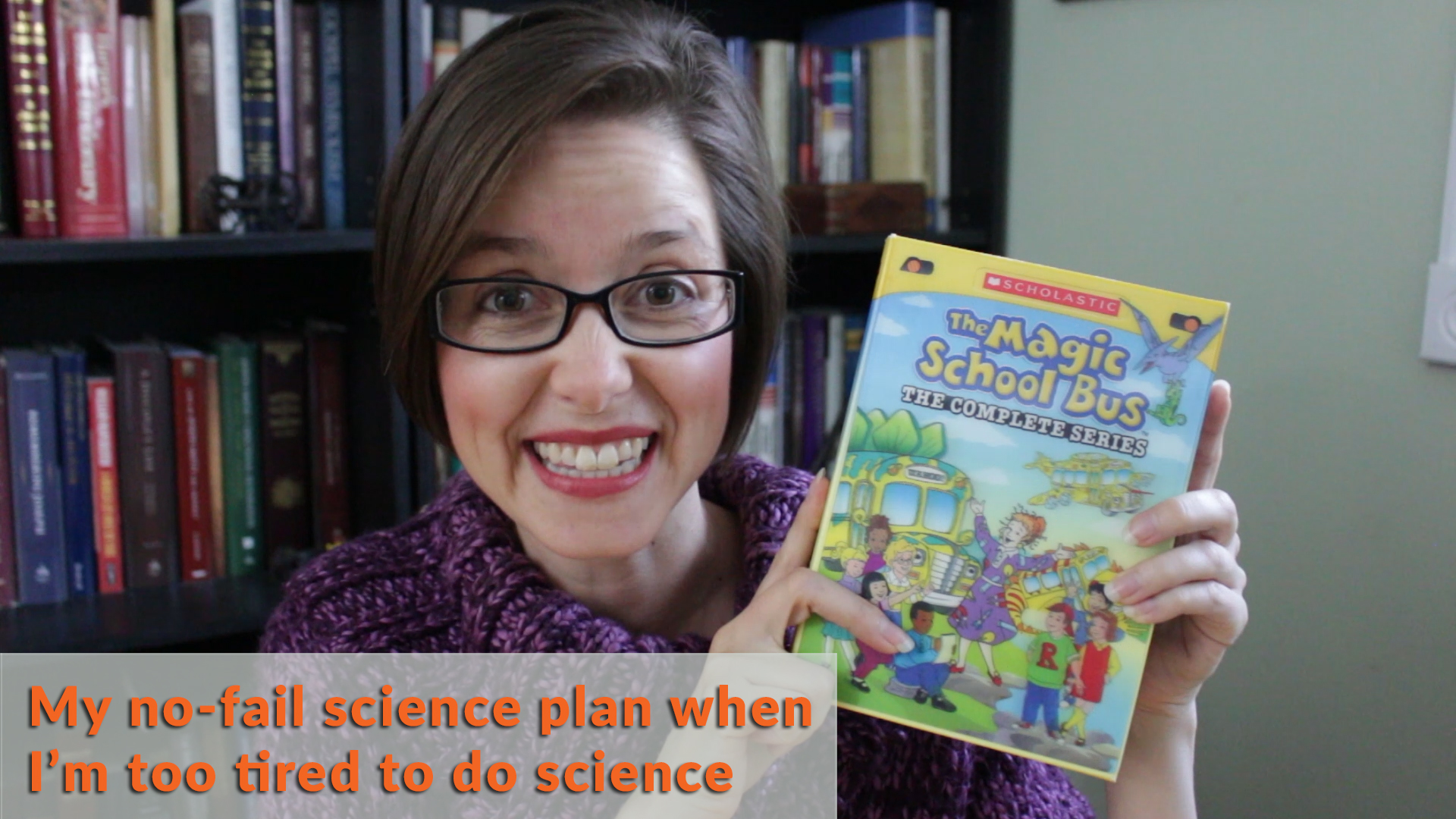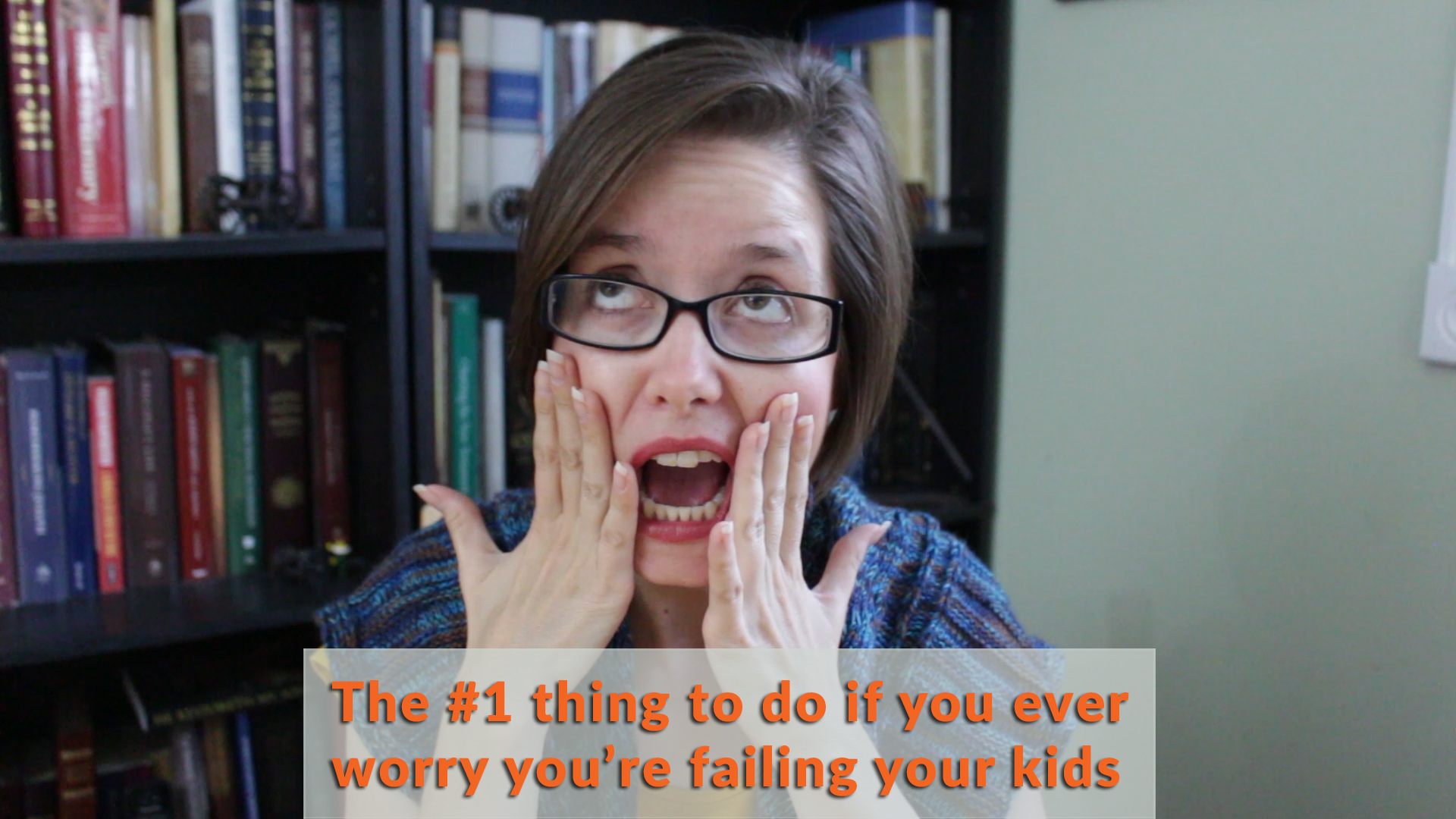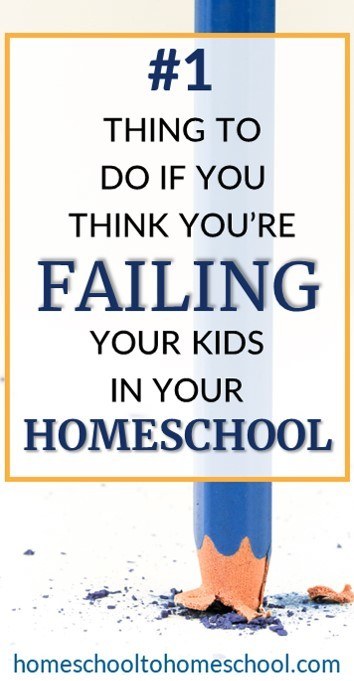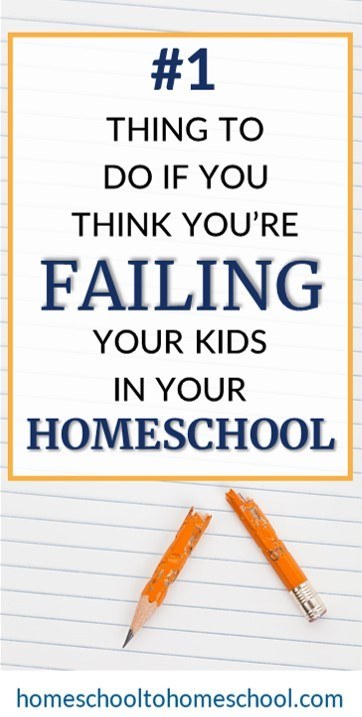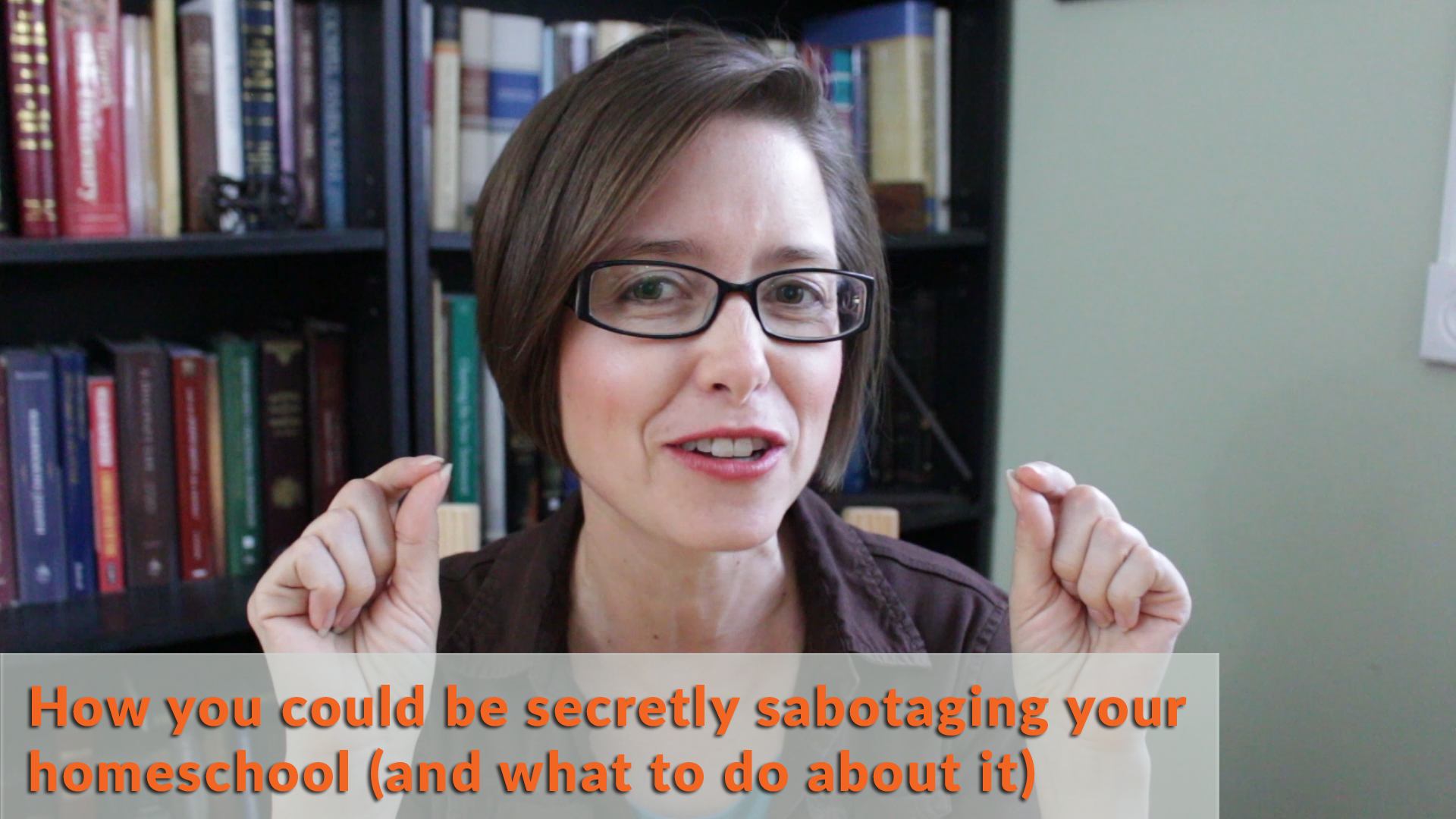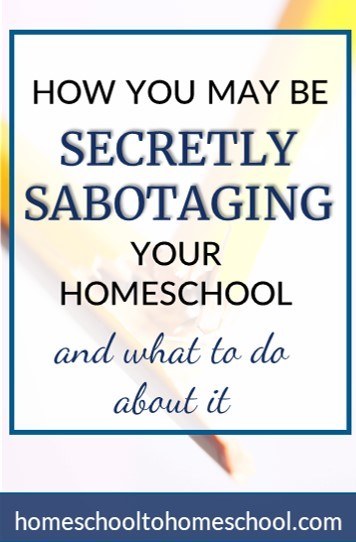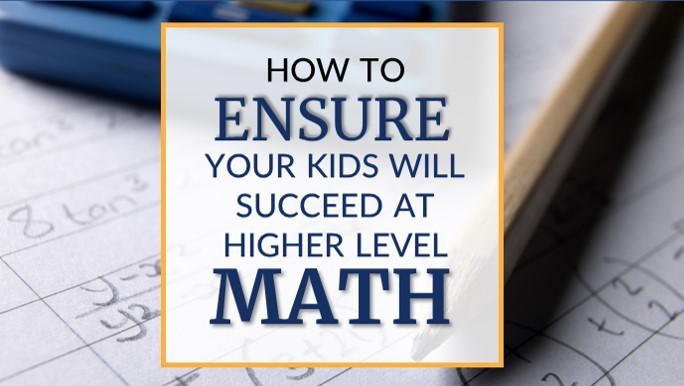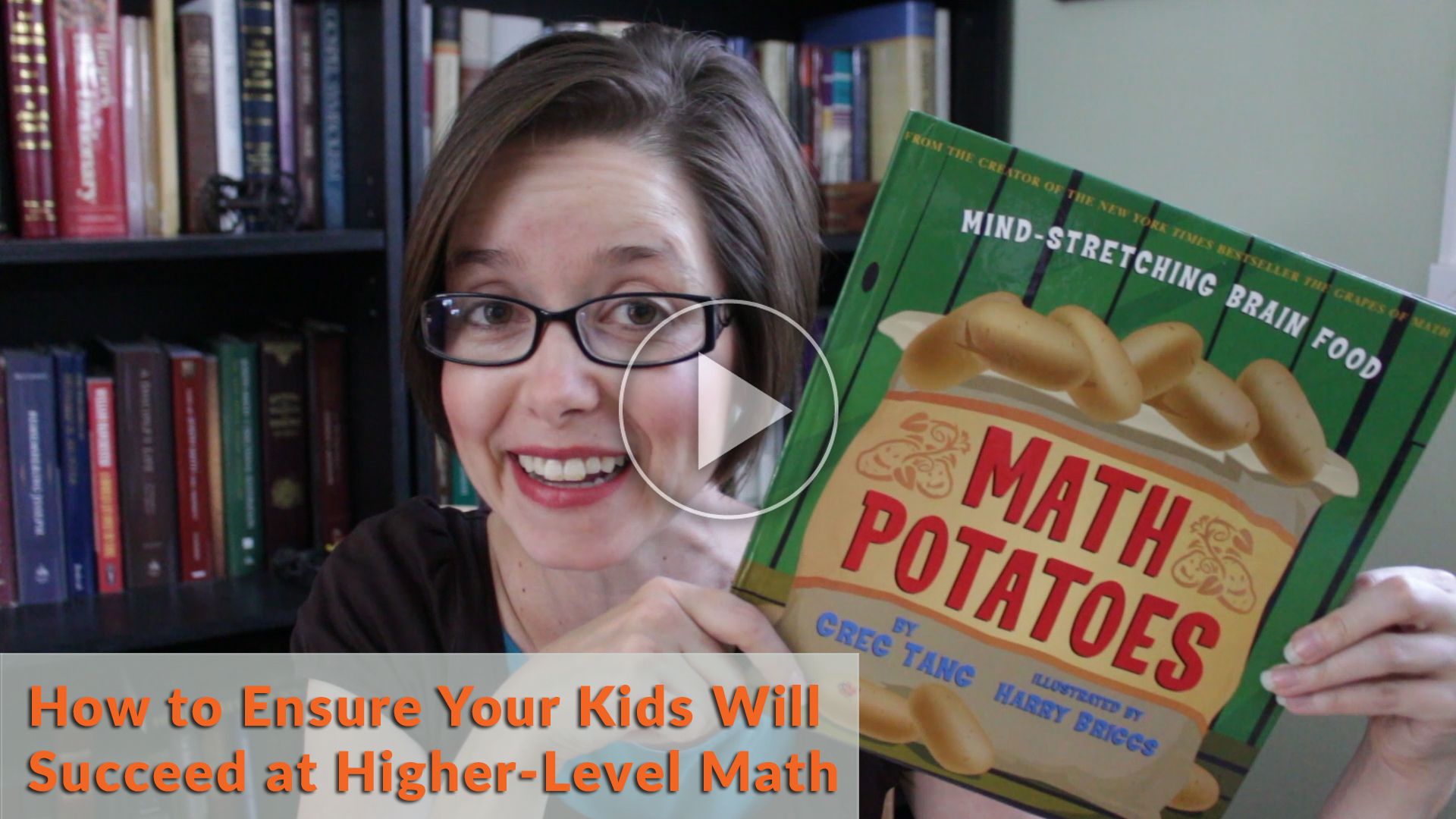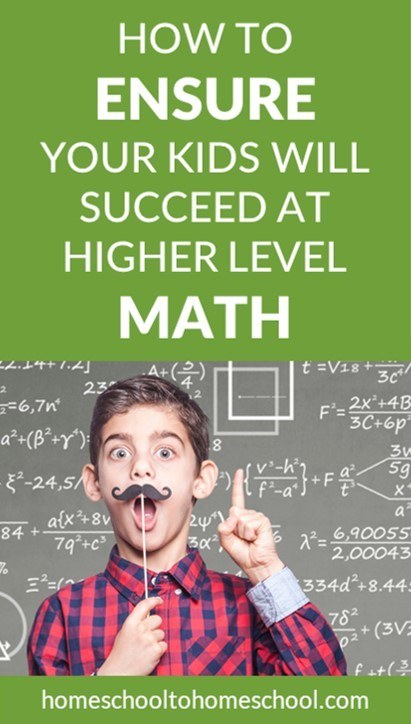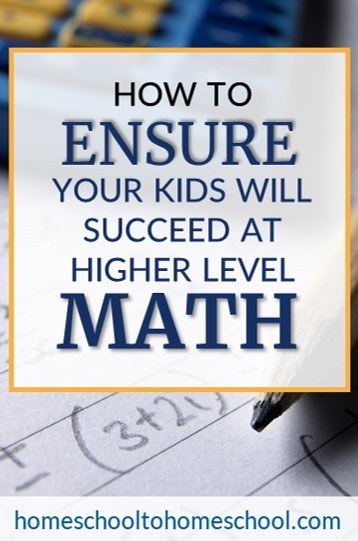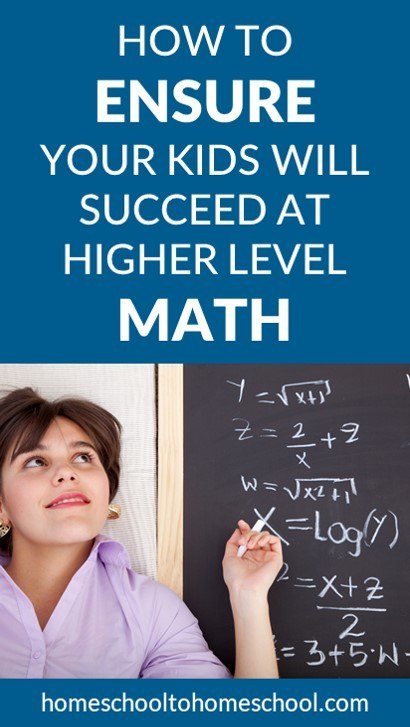They come out of nowhere …
You’re standing in the grocery store line … or at a family gathering … or at the park …
And someone lays a “really tough” homeschool question on you.
How do you respond?
What do you say?
No worries -- I’ve got your back. Here’s what you do ...
Ready to feel Confident and Successful as you homeschool?
Register below to watch my FREE CLASS
Confident Homeschool Secrets
7 Ways to Create a Homeschool That Works (and you LOVE!)
Transcript
Hello! My name is ToriAnn Perkey, and from my homeschool to your homeschool, today I want to talk about how you answer the really tough homeschool questions - the really tough ones, the ones that they come at you out of the blue maybe from a family member or a person in the grocery store line and you just kind of like, “Well… ???
They're hard, and we don't all get the same tough questions, but if you're homeschooling, you are going to get tough questions. So, how do you answer them? How do you answer those really tough questions in a way that makes you feel okay?
Well, you guys, here's the deal. There's no perfect way to answer a really tough question, and because there are so many different kinds of homeschooling questions, I can't really give you the perfect answer for any of them. I can give you some, and we could go on and on and on about those, but I want to talk more about the way you answer a tough question matters almost more than what you actually say.
Here’s the deal. When you answer a question, the way you say it, the tone of your voice, your body language -- those matter way more than the actual words. So, if you get asked a really tough question -- the kind that just throw you for a loop -- and you're like, “I don't know and I'm really worried too” and everything in your voice and your body language says, “I've no idea what I'm doing, and I think I'm destroying my children, and it's a train wreck at our house, and don't even come in my front door because you would see the dishes in the sink, and then the Cheerios all over the floor, and you would see that we haven't folded laundry in 3 weeks, and homeschooling is a train wreck but I just …” -- okay, if you do that, guys, guys, everything about you screams, “I have no idea what I'm doing and it's a train wreck.”
But you can get the same question, and if you can find it in you to stand strong with your feet firmly planted and your shoulders back -- even if you don't feel this -- like you are faking it. Pretend -- you're pretending, you're pretending even if you don't feel it -- and you say, “You know what? You're right. That is a tough question.” And label it a tough question. Say, “Here's what I'm currently thinking. Here's what I'm currently thinking,” which gives you space to change your mind, which gives you space to say I'm still figuring that out. Even if I'm just still figuring that out -- but here's what I'm currently working on or here's what we're currently doing.
Confidence in your voice and in your body language and the way you present that information -- what you're communicating to that other person is “I've got this. I've got this even though I have dishes in the sink, and there's Cheerios all over the floor, and I haven't folded laundry in 3 weeks. I've got this even though we just spent 2 weeks watching screens because we were sick. I've got this even though parts of my life are kind of messy and chaotic and I'm a hot mess. Even though … I've got this.”
If your body language says that, then it doesn't really matter the words you say to answer that really tough question, because what they hear is “I'm confidently handling that really tough question.”
So, that is my recommendation for you. And if you don't feel confident -- like if you're still learning the confidence thing -- I'm here to tell you pretend, pretend. Pull back your shoulders, plant your feet, look them in the eye, and take a deep breath, and say, “That's a really tough question and here's what I'm currently thinking.”
If you can do that, their energy will shift and everything will go more smoothly.
I'm ToriAnn Perkey, and I make these videos every week so that you can be a super successful and confident homeschool mom.
Save for later by pinning to your favorite Pinterest board!


